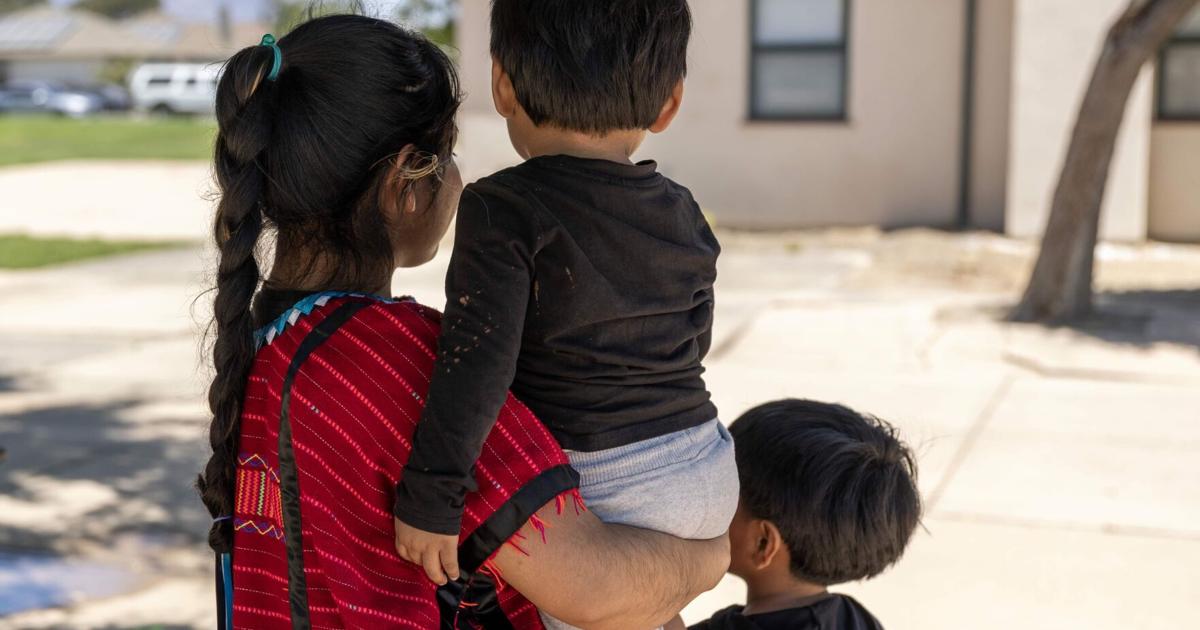Celia Jiménez here, thinking about the cover story I wrote for this week’s edition of the Weekly about immigration and how current policies have impacted people’s lives.
This story took me down memory lane. From my mom’s immigration story (she obtained her legal permanent residency during the Reagan Administration), to the anxiety and panic we felt in the early 2010s, when immigration enforcement was active in San Diego, to how outspoken people were about immigration before and during President Donald Trump’s first term when I was a student journalist at San Diego City College, this is on one level a personal story for me.
The latter is what strikes me the most. Why? Because in this country, freedom of speech is a quintessential element of our identity as a nation.
As a student journalist years ago, I interviewed students and professionals, many of them DACA recipients, and they were outspoken about the threats against the DACA program and their immigration status. Reporting on this story, I encountered the opposite. Several people, regardless of their immigration status, are afraid of retaliation or harassment. (As such, in the cover story, we protected the identities of those who trusted us with their stories and helped us uncover how the current immigration narrative is impacting their everyday lives.)
I find myself wondering if this country is moving forward, or falling backward into a past where immigrants and U.S.-born citizens were subjected to xenophobic policies.
Thousands of Japanese and Japanese Americans were locked up during World War II because they were considered a security threat. Over a million of Mexican Americans were deported to Mexico during the Great Depression during the so-called Mexican Repatriation. The reason? They were allegedly taking away resources and jobs from white Americans (sound familiar?).
Even now, people of color, especially Latinos, are being detained and reportedly racially profiled by ICE agents and some U.S. citizens have spent days to years incarcerated at a detention center.
These actions are the reason why everyone, whether you agree or disagree with the current immigration policies, should make sure the law is being followed every step of the way.
In announcing proposed immigration legislation, U.S. Rep. Zoe Lofgren, D-San Jose, pointed out that agriculture, the largest industry in Monterey County, would crumble without an immigrant workforce. “The Central Coast economy is rooted in agriculture. More than half the farmworkers are undocumented. If they are disappeared, the economy of this area will collapse,” she told me.
If you still don’t believe that, industry leaders can fill you in.
Immigrants are key individuals in our communities. This isn’t a personal belief, but a fact—and there is data to back it up.
